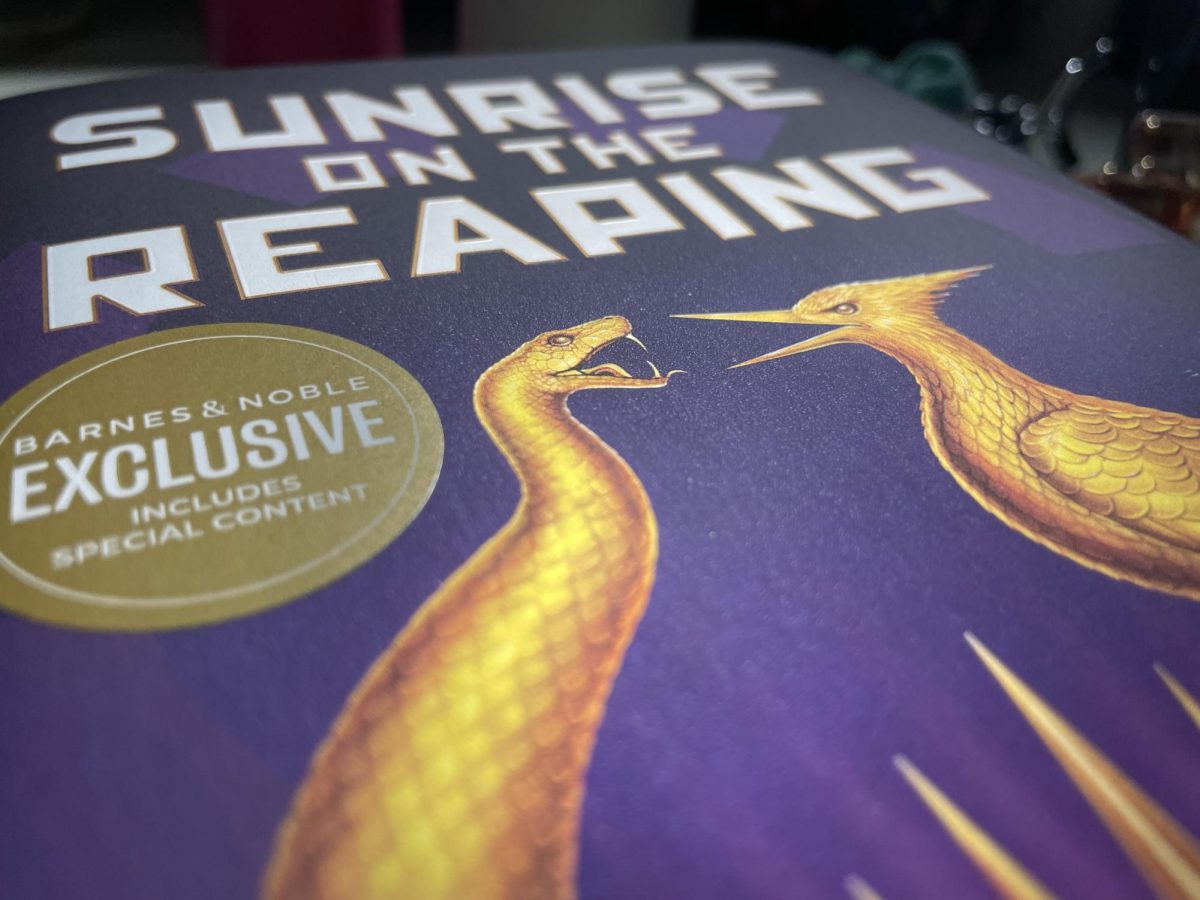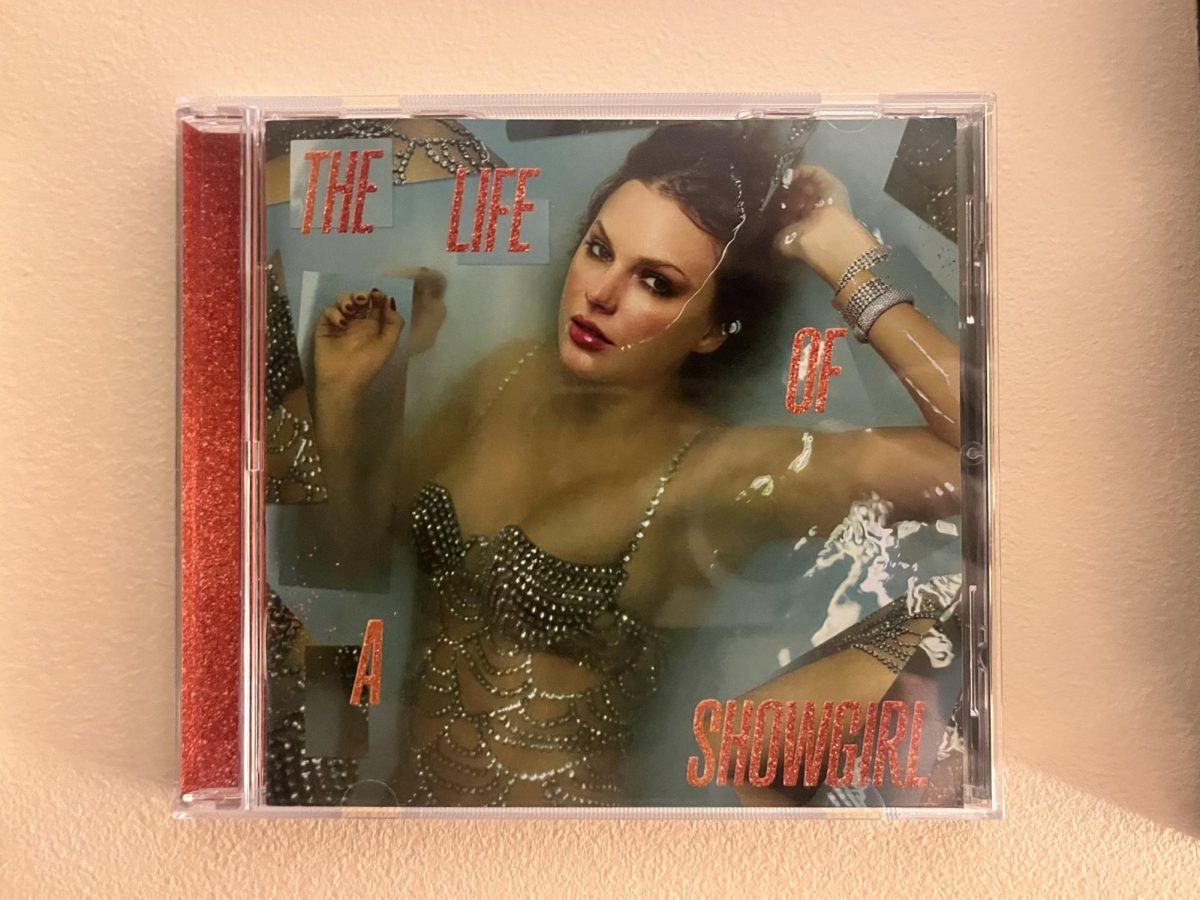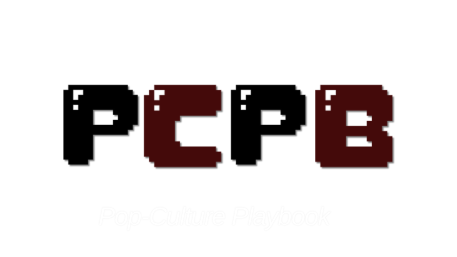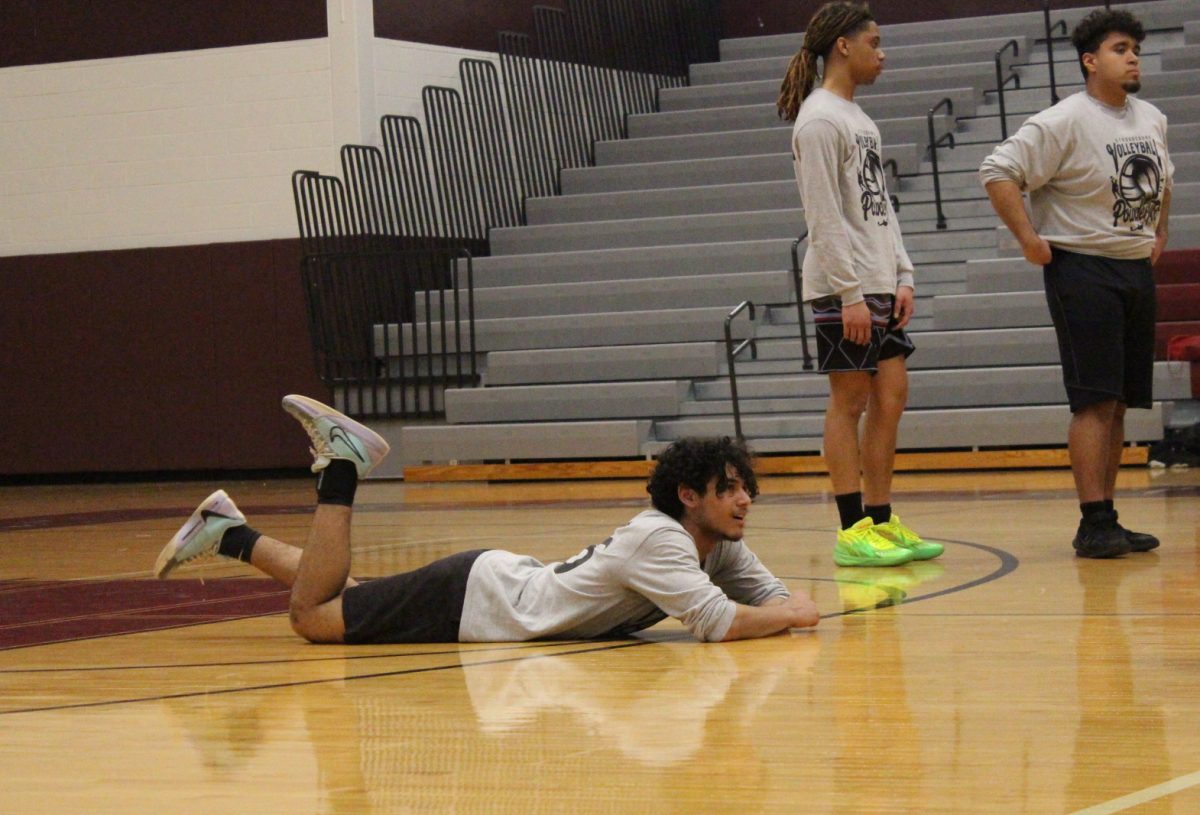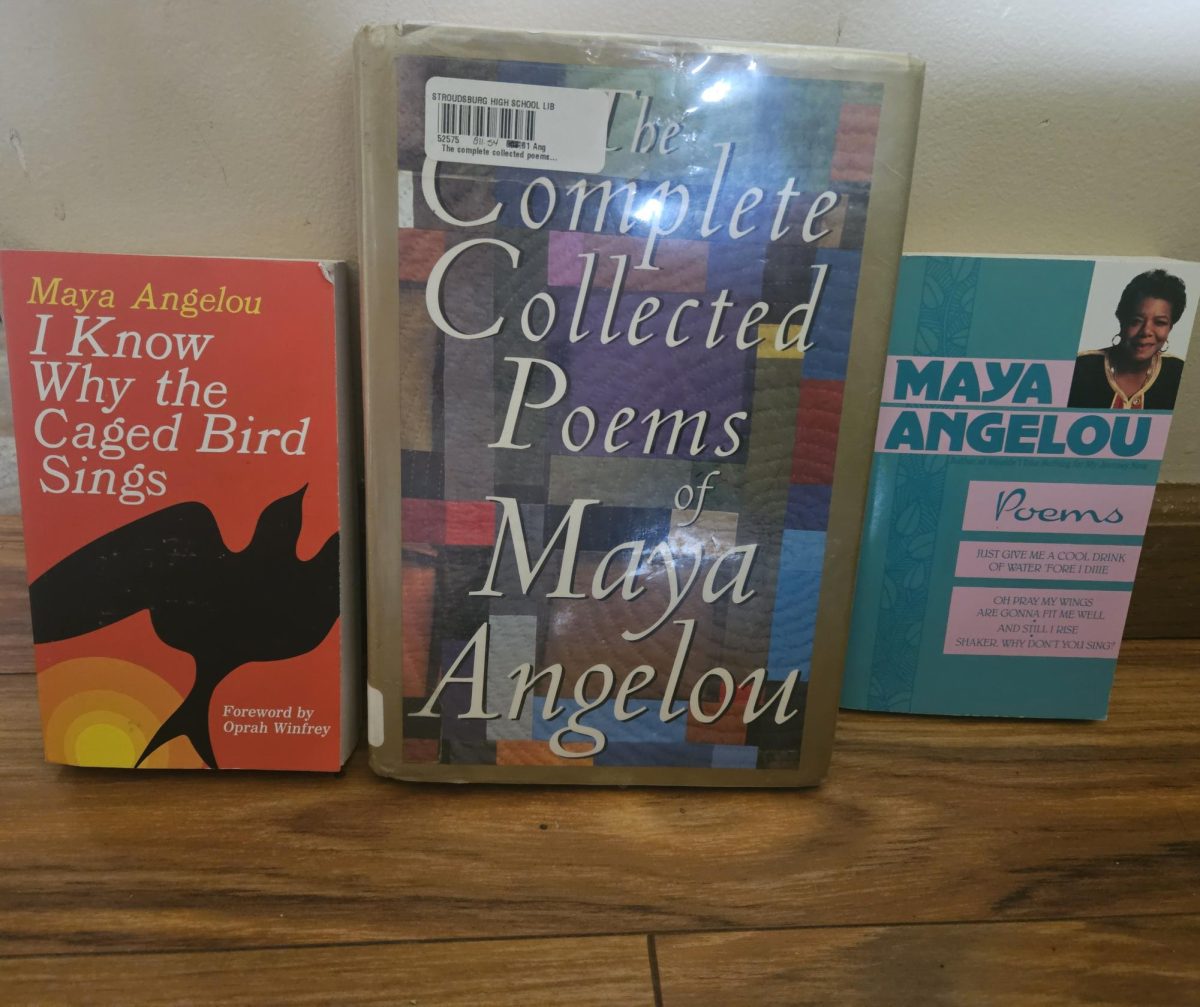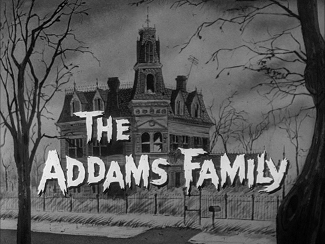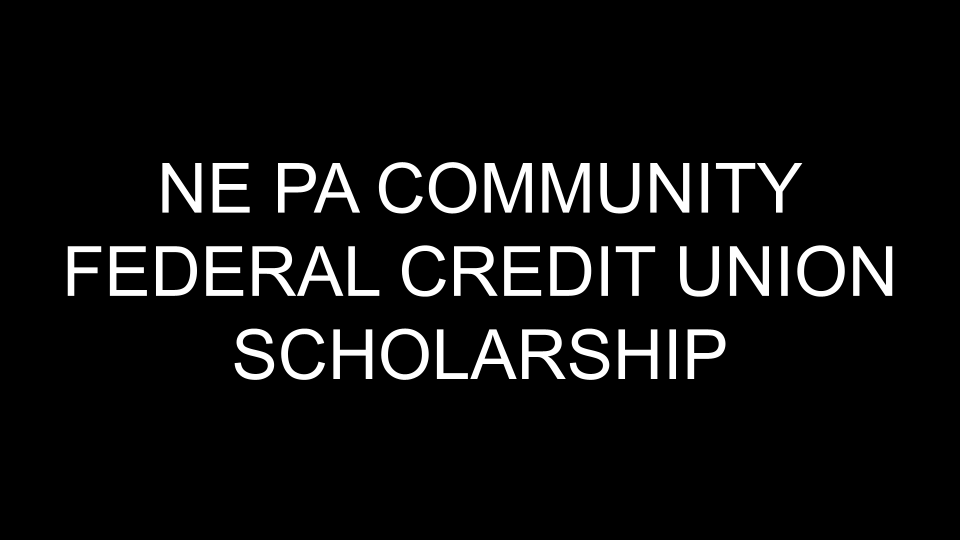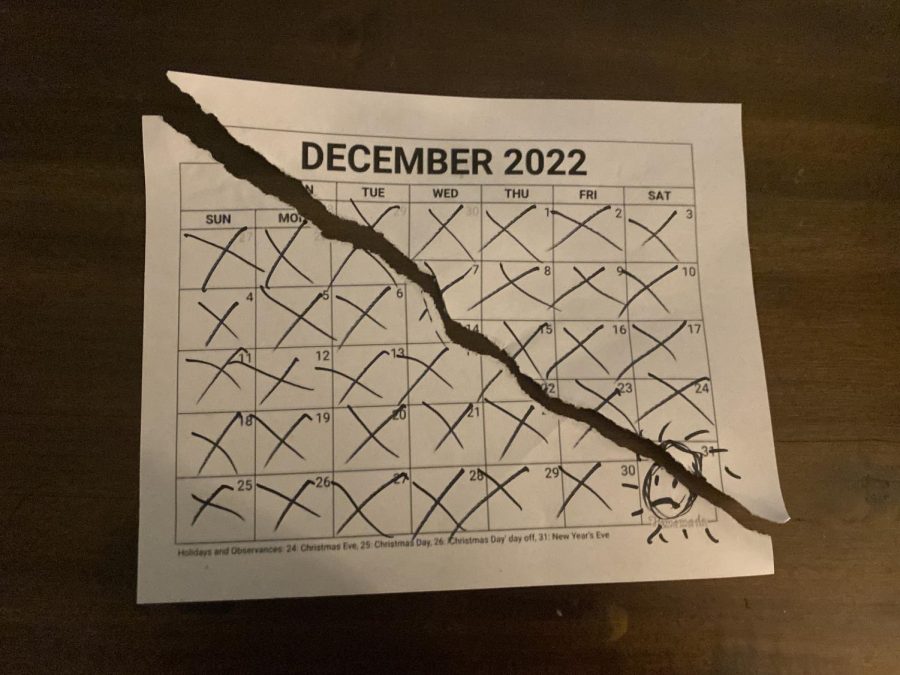New Year’s resolutions: What is the best way to stick with them?
National Ditch Your Resolutions Day is on January 17th
New Year’s comes to an end with people dropping resolutions left and right.
January 17, 2023
Every year, it’s the same routine. It’s December 31 and 10 minutes before the new year. Everyone counts down the seconds until midnight with friends and family by their side, as their eyes stay glued to the television.
When the ball finally drops in Times Square, the country erupts with streamers, music, kisses, and folks shouting “Happy New Year!” at the top of their lungs.
The next morning, reality sets in, and it is time to ask that terrifying question: “What’s your New Year’s resolution?”
For so many Americans, it’s the same list we all select from. They may start going to the gym, reading books, scoring dates, or maybe start meditating. Most people know deep down that no matter what resolutions they make, they will ultimately fail by February.
Over 80% of Americans have gone through this same scenario countless times. To many, the whole ordeal can render resolutions fairly useless, and put a cloud over their New Year as a whole.
So, it is valid to explore how people can try to avoid this cycle of crash-and-burn resolutions.
The beginning of the year is the time many cite as a time of rebirth or a fresh start. It is a time to consider new aspirations and goals.
When people have an indicator or a so-called ‘split in the road’ such as a new year, they tend to separate themselves from their prior self and view that person as a separate, inferior entity. With this in mind, they view their current selves as blank slates with the capability of becoming a completely new person. Of course, in reality, a person’s December 2022 self and their January 2023 self are practically identical, so they share the same weaknesses and imperfections.
Many resolutions consist of habit-breaking, which means to stop performing a routine action. These consist of things such as quitting smoking, restricting one’s diet, or using less technology. This is much more difficult than creating a habit because eliminating a habit is eliminating an action that feeds the brain dopamine. Dopamine is the chemical in our brains that bring us happiness. When a new habit is created, this adds more dopamine to your brain, which doesn’t leave us with a negative or withdrawn feeling. In this way, creating a new habit is the ideal way to be successful in your resolution.
This is why the most successful resolutions are ones that are habit-forming, rather than habit-breaking. These consist of regular routines like going on walks, eating more vegetables, or starting a journal. These actions are easier to consistently perform since dopamine is being added to one’s mental diet, rather than subtracting it.
The golden equation to creating the perfect resolution is the combination of three factors. The first and most important is the origin of someone’s motivation and the reasoning behind it. Are they doing it because it’s a new year’s tradition, or because they genuinely want to better themselves in the new year?
Another factor is the nature of one’s resolution. Is it realistic? Is it reasonable for their lifestyle? If their resolution isn’t already within their interests or desires, then it is doomed to fail. For instance, if someone who doesn’t read or write pledges to read one book every month, they are sure to fail.
Finally, the most effective way to stick with resolutions is to stay consistent and realistic. For example, if somebody sets a goal to walk, they should make it brief, which will give them a much greater chance of following through.
These factors of the ‘golden formula’ are not restricted to just New Year’s, and they shouldn’t have to be. The time for self-love is now, and no one needs to wait 365 days in order to start their own journey to create a better life for themselves.
While a resolution could be a good seasonal gesture to self-enhancement, tomorrow’s never guaranteed; everybody should always strive to improve themself for themself, not for some holiday.
What’s your New Year’s resolution for 2023?
Check out these sources:
-The Fresh Start Effect: Temporal Landmarks Motivate Aspirational Behavior
–Do New Year’s Resolutions Really Work? – LiveScience
-The Köhler Group Motivation Gain: How to Motivate the ‘Weak Links’ in a Group














